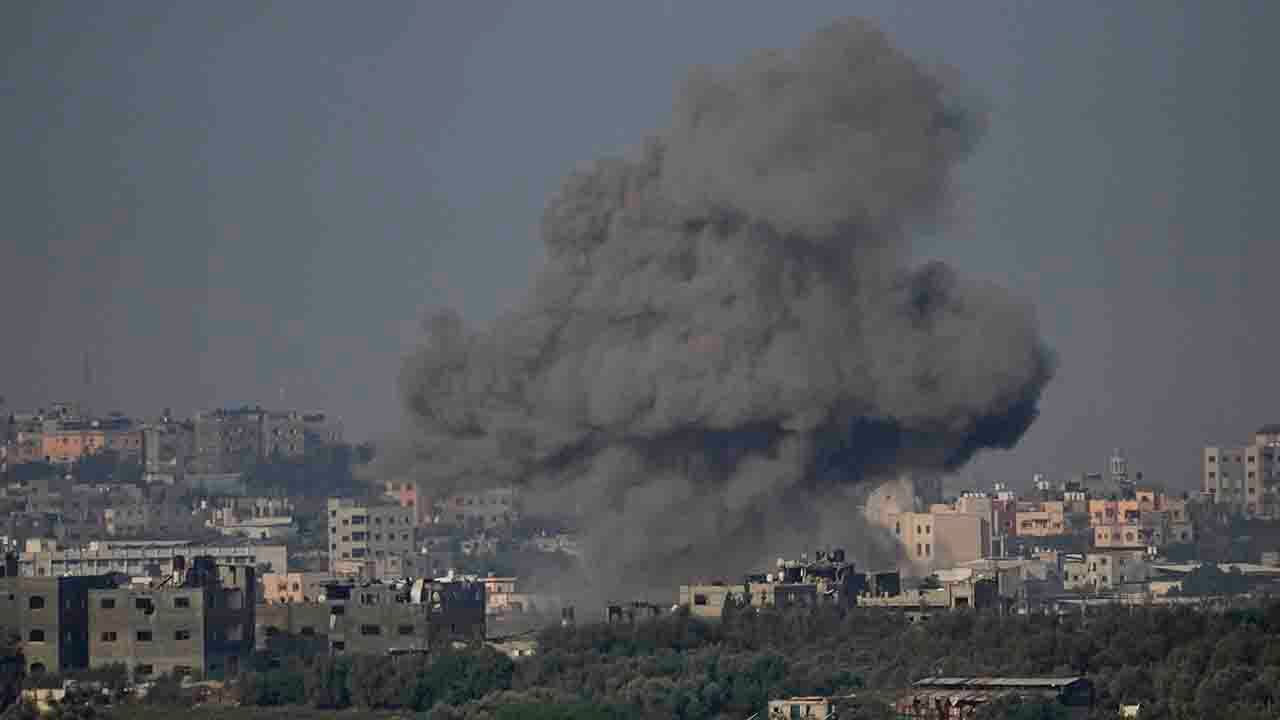Poland's Pivotal Election: A Test of Nationalism, EU Integration, and US Relations

About the Organizations Mentioned
Polish voters
## Overview "Polish voters" refers not to a formal organization, but to the collective body of citizens in Poland who participate in the country’s democratic elections. Poland is a parliamentary republic with a robust, multi-party political system, and its electorate plays a central role in shaping national policy, business climate, and technological direction through regular, competitive elections[3][8]. Understanding the dynamics of Polish voters is essential for anyone interested in the intersection of politics, business, and technology in Central Europe. ## Historical Context Poland’s modern electoral system emerged after the fall of communism in 1989, when the first partially free elections marked the beginning of democratic governance[1]. The pivotal role of the Solidarity movement in mobilizing voters against the communist regime set a precedent for high civic engagement. Since 1991, Poland has held regular elections for the presidency (every five years) and parliament (every four years), with the National Electoral Commission ensuring transparency and fairness[3]. The transition from a one-party state to a vibrant democracy has been marked by increasing voter sophistication and a tradition of civil resistance, as seen in the 2023 referendum boycott[4]. ## Key Achievements Polish voters have demonstrated a remarkable ability to effect political change. The 2023 parliamentary elections, for example, saw a record 74% turnout and resulted in a significant shift in government, highlighting the electorate’s maturity and engagement[4]. Voters have also shown discernment by distinguishing between elections and referendums, as evidenced by the low participation in a 2023 government-sponsored referendum, which failed to meet the threshold for validity due to organized civil disobedience[4]. This level of democratic mobilization is rare in post-communist Europe and underscores the resilience of Poland’s political culture. ## Current Status As of 2025, Poland’s electorate remains sharply divided, with recent presidential elections reflecting a close contest between nationalist and centrist candidates[5]. The 2025 presidential










